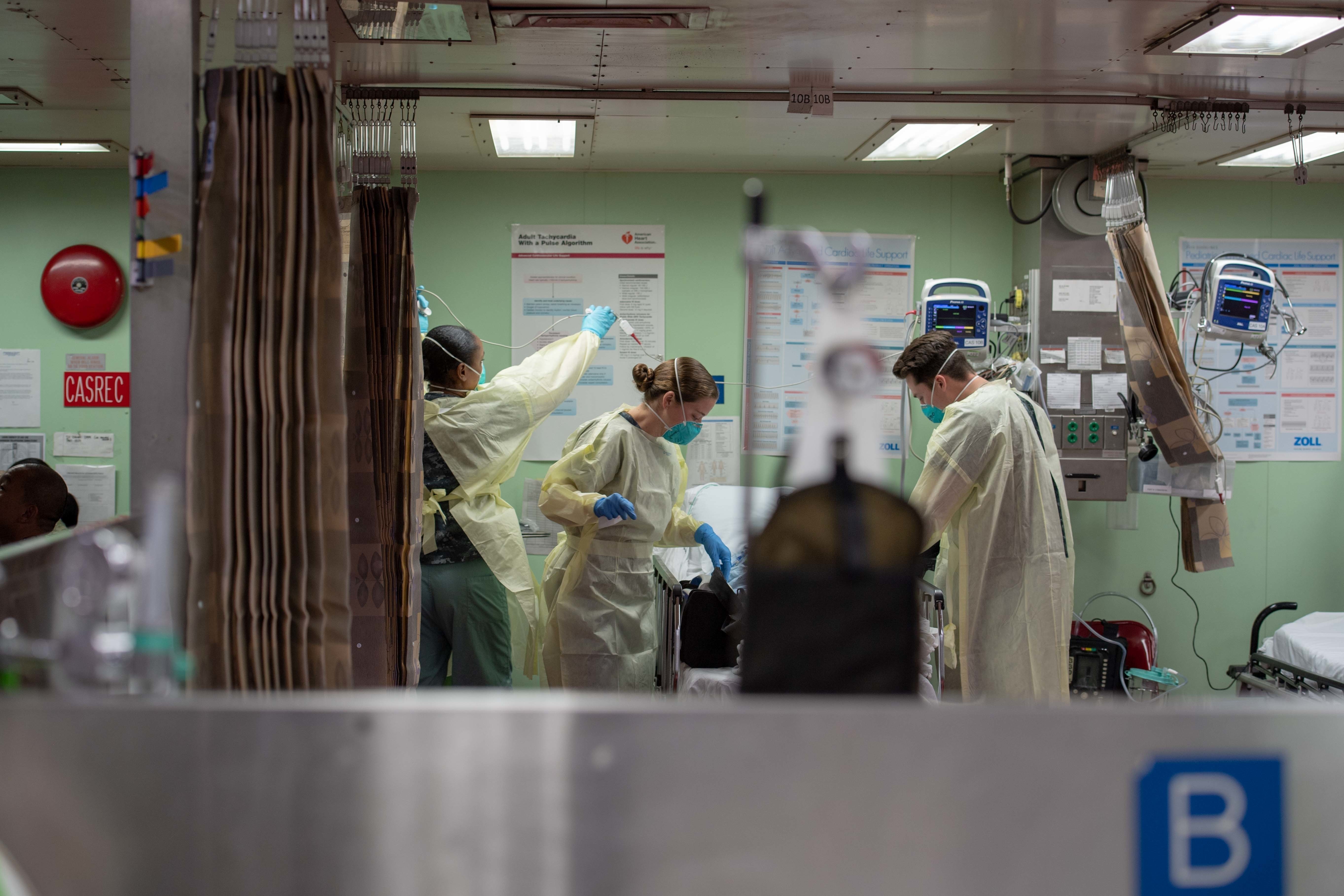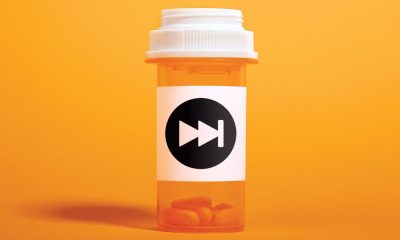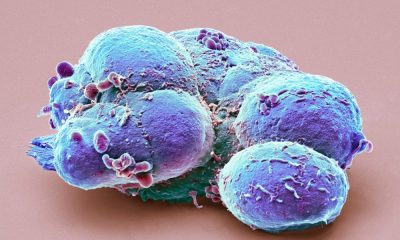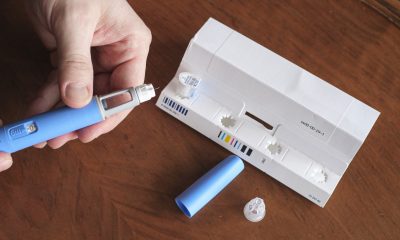The omicron variant is now the most dominant strain of SARS-CoV-2 in the U.S. With this latest development in the ongoing pandemic, many people fear the aftermath of omicron’s sudden and faster takeover than the delta variant. However, experts are also confident that certain treatments can effectively cure the infection caused by the virus. Below are three of them.
Budesonide
One randomized trial found budesonide, a common corticosteroid, to be effective in reducing the risk of hospitalization after contracting COVID-19. The drug, typically used to treat asthma and chronic obstructive pulmonary disease, could shorten patients’ stay at the hospital and hasten their recovery by about three days, according to the team behind the study.
There’s no formal guidance on its use in the U.S. at present. On the other hand, health agencies in the U.K. and Canada have already allowed doctors to prescribe budesonide asthma inhalers on a case-to-case basis, according to Vox.
Fluvoxamine
This antidepressant was also found to help manage the symptoms of COVID-19. Researchers reported in a study published in The Lancet Global Health in October that the cheap and generically available drug reduced the risk of developing severe infection among a third of people from 1,500 participants in Brazil.
The patients who benefited from fluvoxamine, typically used to treat obsessive-compulsive disorder, did not progress to the severe form of COVID-19 and did not require hospitalization despite being at high risk. One of the scientists said the antidepressant may have lowered the production of inflammatory molecules called cytokines that are triggered by the novel coronavirus.
The advantage of using this drug for treatment against COVID-19 is its affordability. The team noted in their study that a 10-day course of fluvoxamine therapy should cost only about $4 even in “well-resourced settings,” as per CNN Health.
Sotrovimab
Although several scientists found that 18 of the 19 antibody formulations against COVID-19 are less effective against omicron, some researchers claimed that the remaining monoclonal antibody formulation, sotrovimab, is more than enough in countering the effects of the new variant.
The monoclonal antibody treatment therapy from Vir Biotechnology and GlaxoSmithKline is said to hold up well against omicron. The antibody was first identified in the blood of the first severe acute respiratory syndrome virus patient about two decades ago. And now the intravenous infusion is being considered as a potent treatment for COVID-19 as it is capable of latching on the spike proteins of SARS-CoV-2 and interfering with the virus’s ability to enter human cells.
Sotrovimab appears to be the most promising among the three since it even forced the U.S. government to pause its distribution when the omicron variant was still being analyzed in November. The government managed to distribute 180,000 doses to states before the pause. The government’s inventory of sotrovimab is expected to grow to around 350,000 from 50,000 by early January, according to Washington Post.
Omicron’s Dominance
Health officials said Monday that omicron has already surpassed delta in terms of the number of transmissions in the country, making it the dominant version of SARS-CoV-2. They noted that omicron accounted for 73% of new infections reported last week.
The Centers for Disease Control and Prevention (CDC) also said a similar thing after recording a six-fold increase in omicron infections in only one week. Several places in the country are also estimated to have 90% of omicron infections compared to other variants, as per NBC Chicago.
Washington University in St. Louis psychiatrist Angela Reiersen advised patients via Vox that if they found themselves diagnosed with omicron, they should consider taking fluvoxamine when appropriate and budesonide when available. Best of all, they should also seek monoclonal antibody therapy.
















